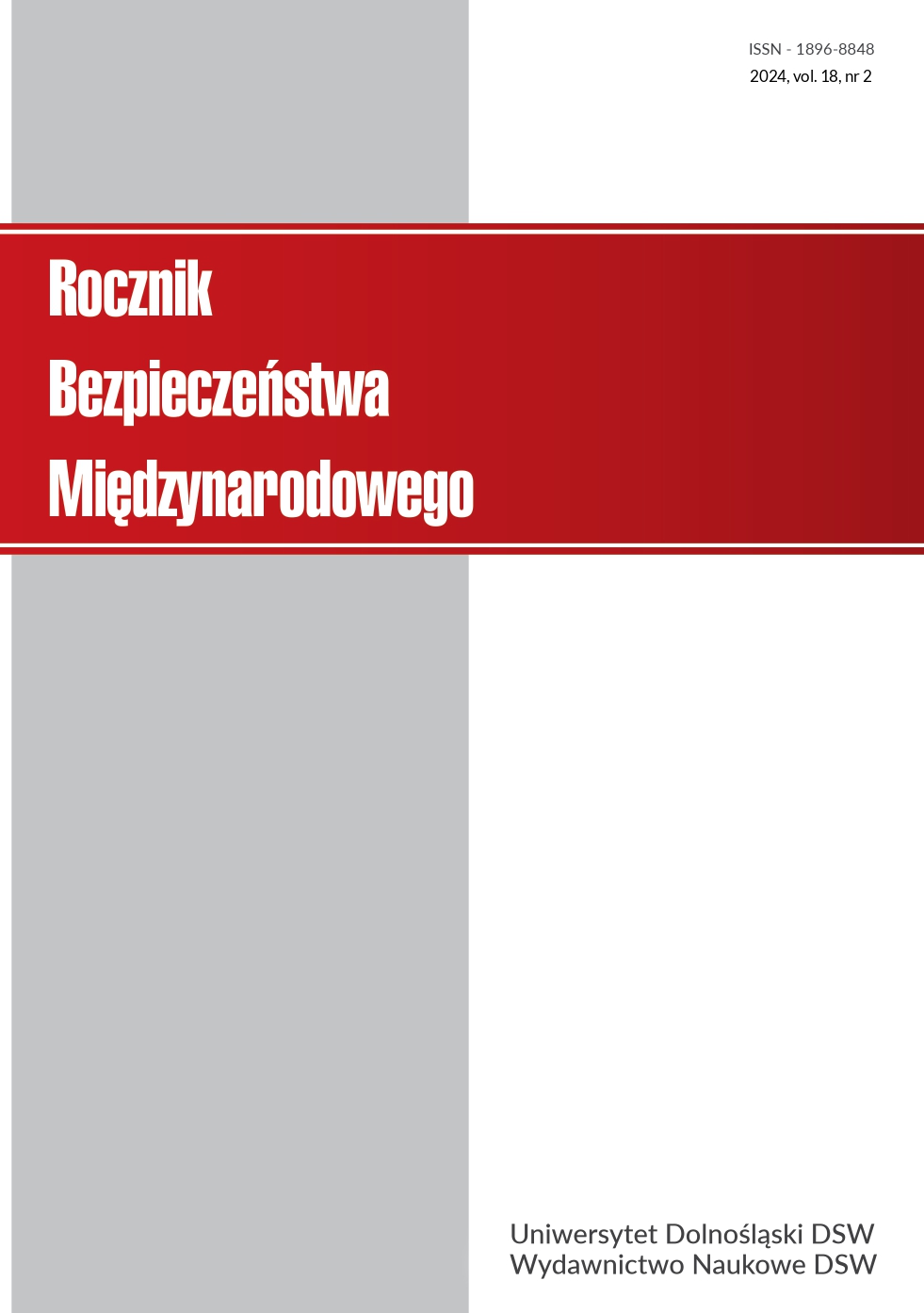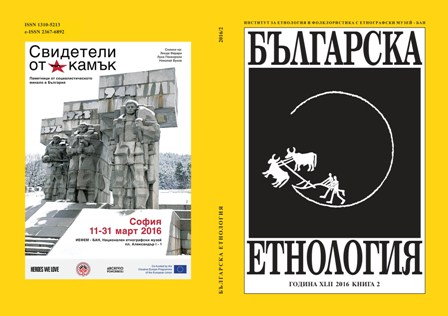
We kindly inform you that, as long as the subject affiliation of our 300.000+ articles is in progress, you might get unsufficient or no results on your third level or second level search. In this case, please broaden your search criteria.


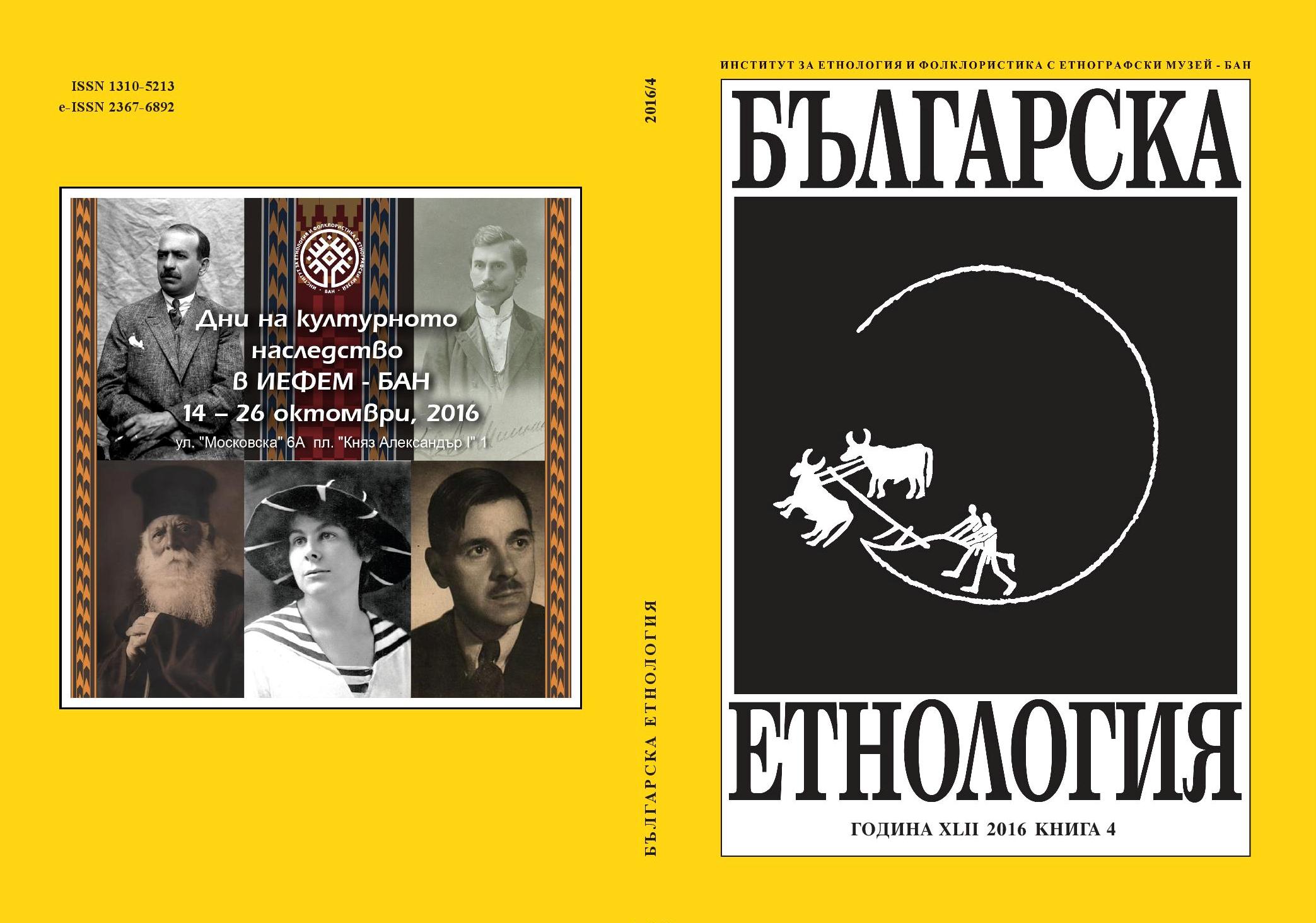
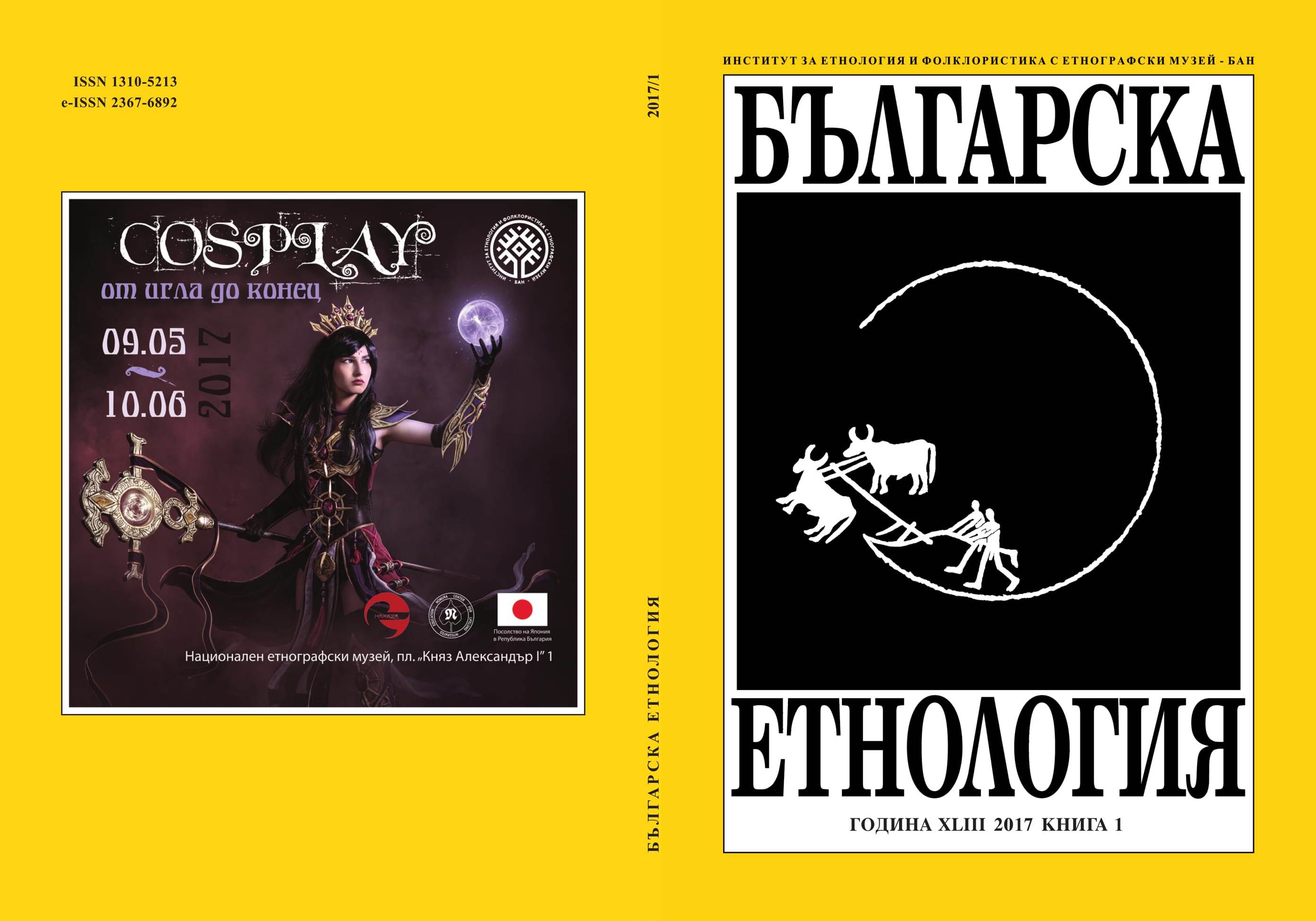
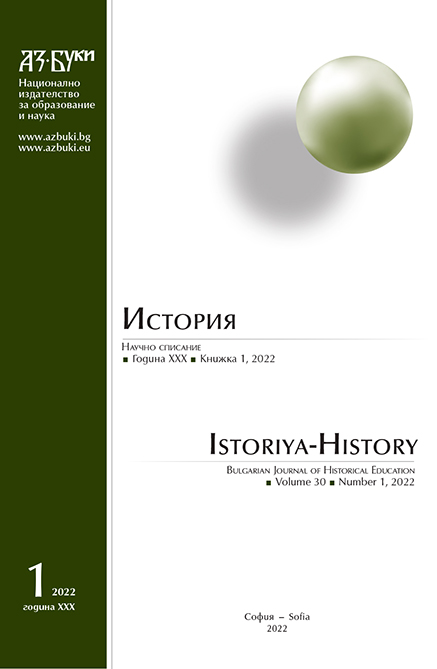
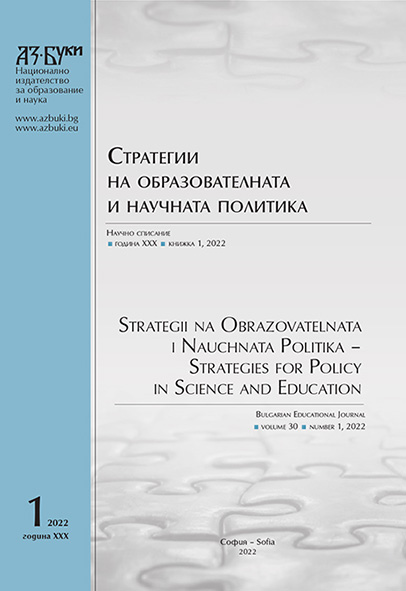
HIGHLIGHTS FROM AZ-BUKI’S JOURNALS IN OTHER SUBJECTS
More...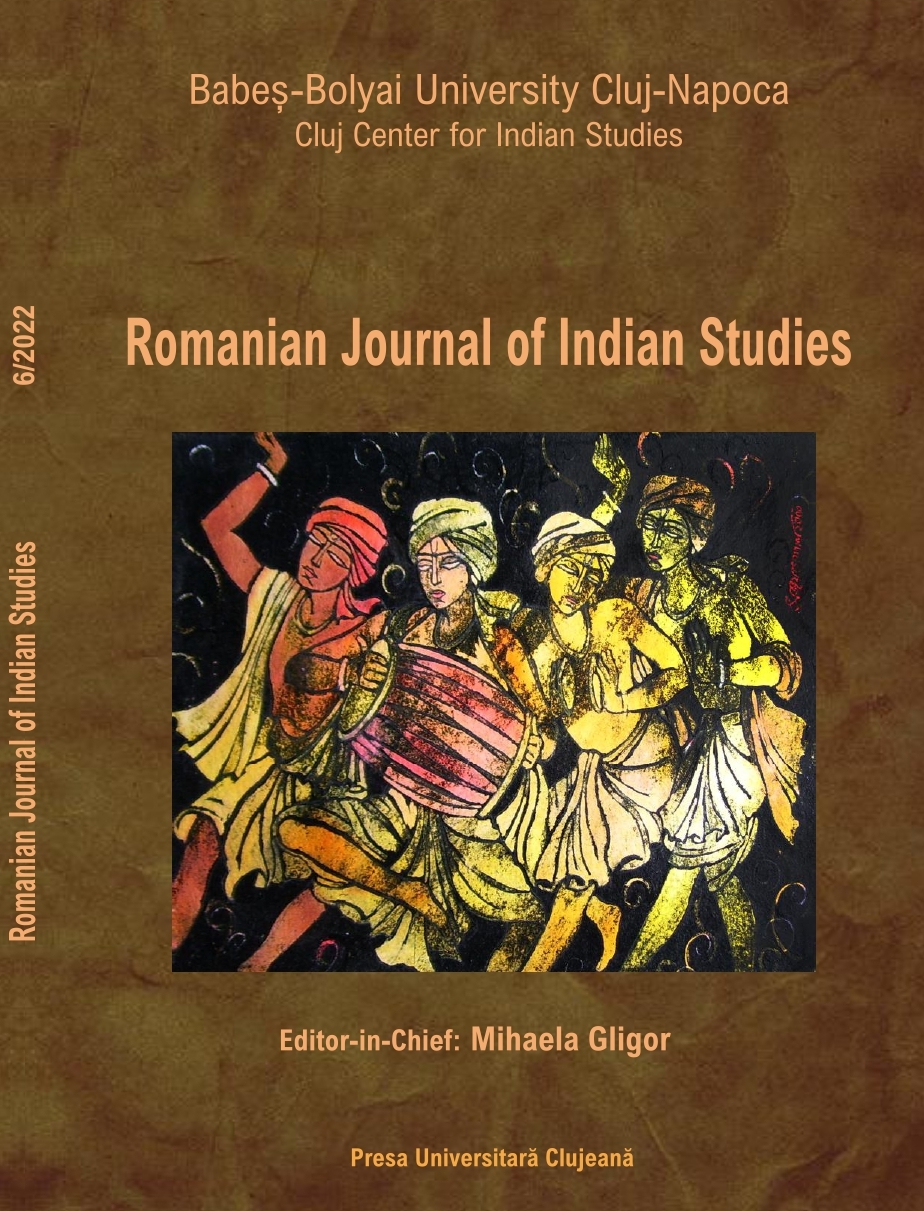
Review of: Malini Bhattacharya and Abhijit Sen (Eds.), Talking of Power. Early Writings of Bengali Women, New Delhi, Sage Publications India, 2021, 181 pp., ISBN: 978-93-81345-81-8.
More...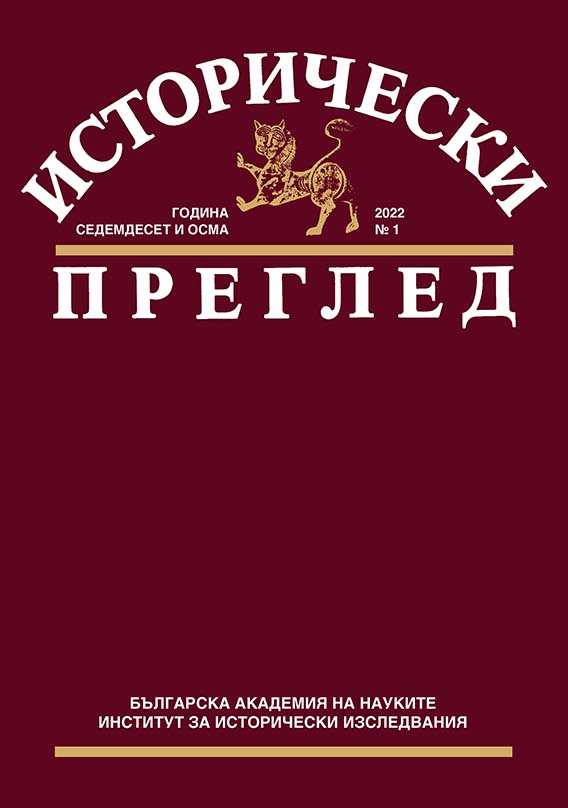
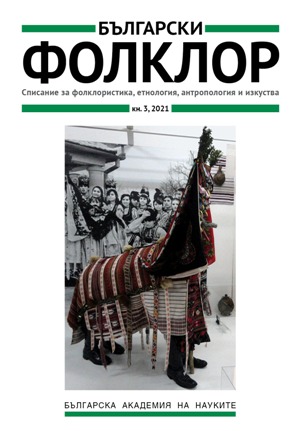
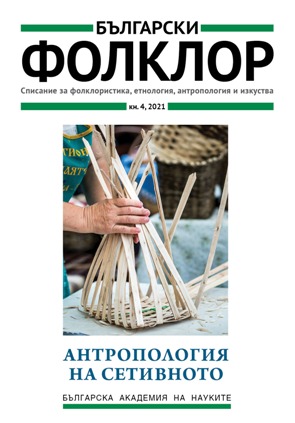
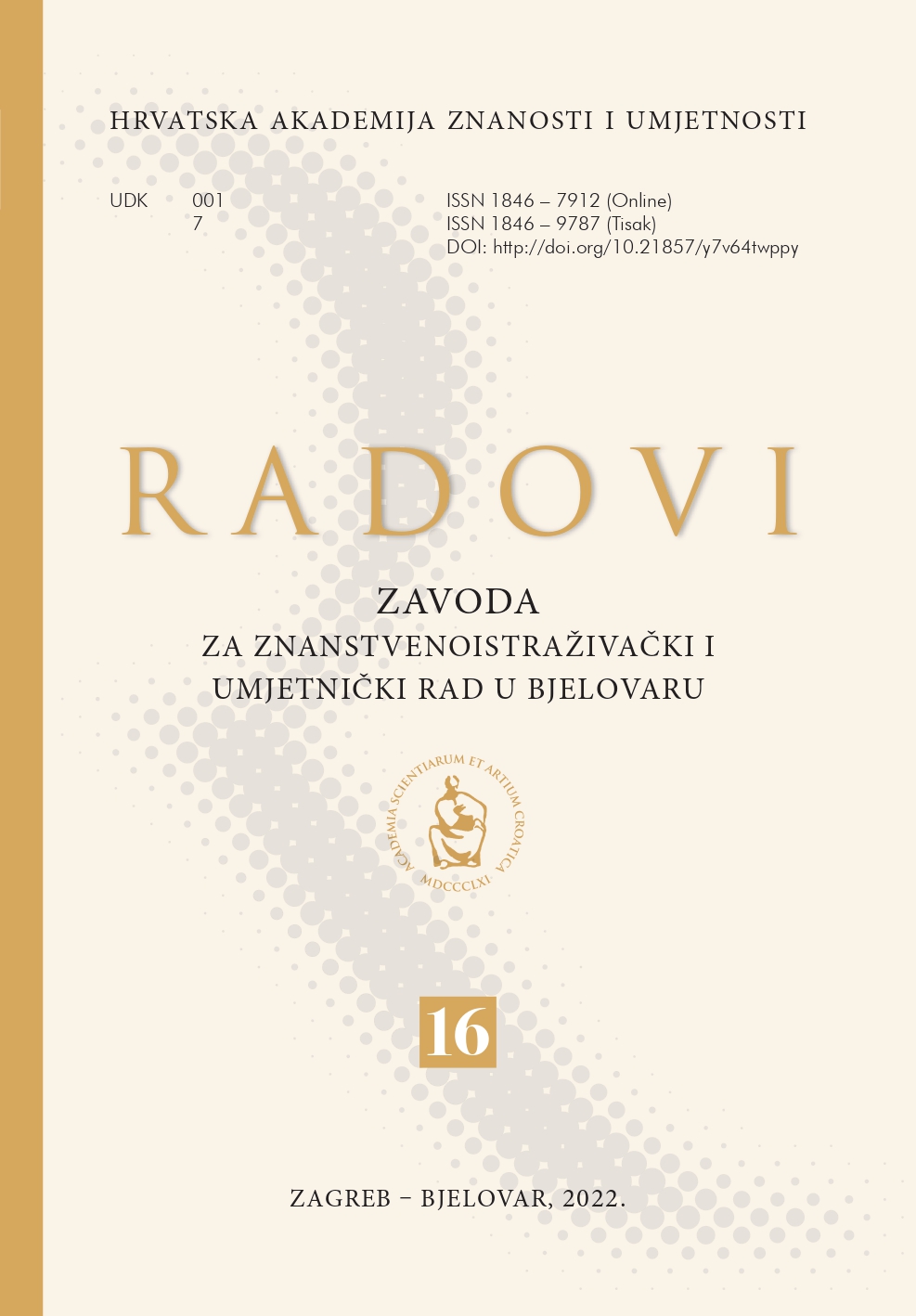
Review of: Vjenceslav Herout, Željko Karaula, Mirjana Jakčin Ivančić, Goran Jakovljević, Zdravko Palavra: Povijest Daruvara: prapovijest – rimski temelji – naseljavanje – moderni grad. Zavod za znanstvenoistraživački i umjetnički rad Hrvatske akademije znanosti i umjetnosti u Bjelovaru, Grad Daruvar i Ogranak Matice hrvatske Daruvar, Zagreb – Bjelovar – Daruvar, 2021., 514 str. Reviewed by Vlatka Dugački
More...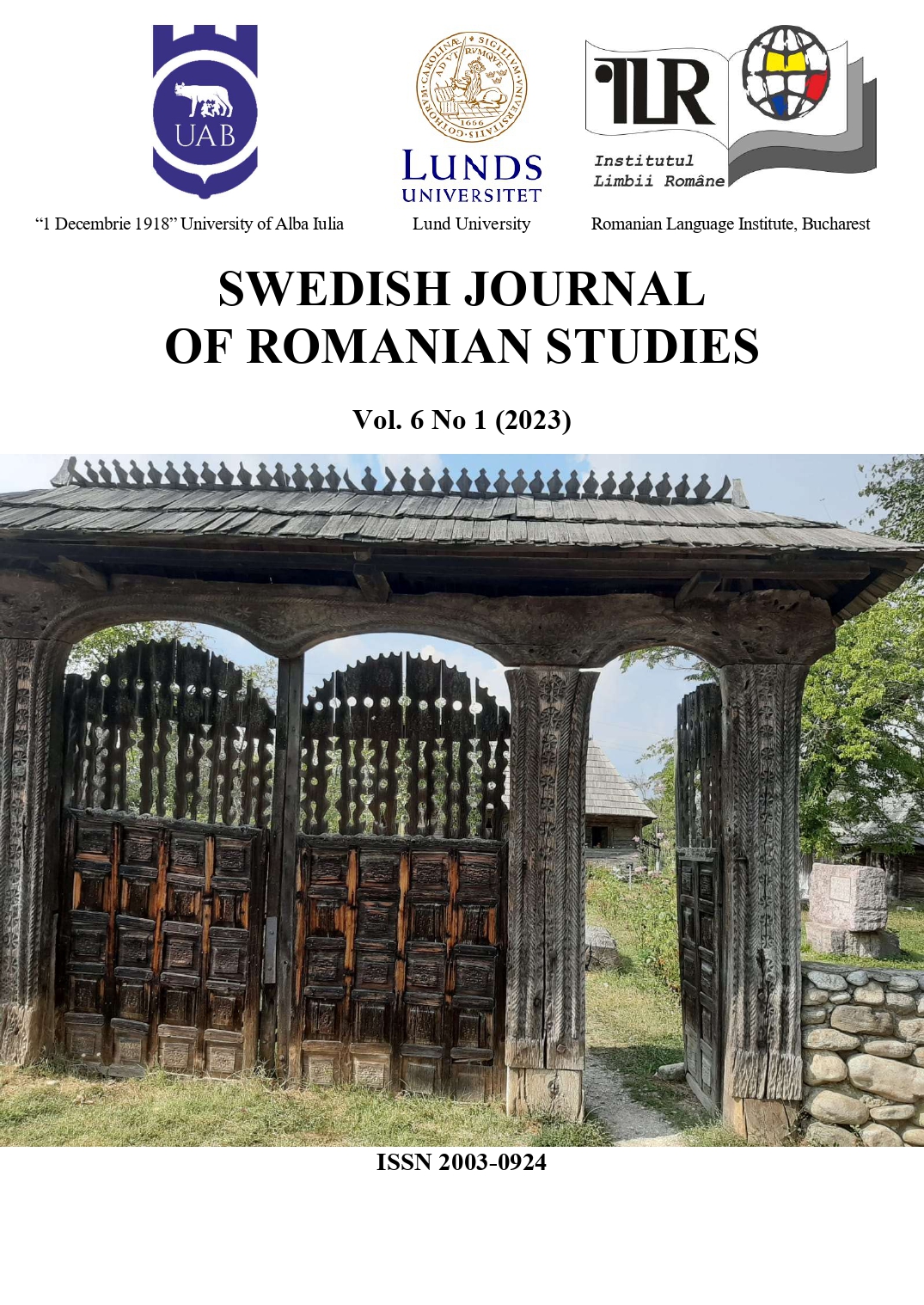
This study analyses the relationship between failure and success from two perspectives: creative psychology and sociology of creation. By starting from Angelo Mitchievici’s recent book, “Farmecul vieților distruse. Câteva reflecții despre ratare” [The Charm of Failed Lives] (2022), which explores one of the favorite themes of decadent literature and art (failure), I aim to highlight the most relevant existential postures in a writer’s life: the anti-bourgeois aristocratic posture (the dandy) and the proletarian-democratic posture (the bohemian). It is not by chance that Mitchievici dwells on the works the Romanian-French writer Emil Cioran, who tried to build an image of a secluded writer, close to anonymity, avoiding to cultivate both the bohemian and the dandy style, by adopting a lifestyle shaped by the cult of work and discipline, in the spirit of the Protestant ethics theorized by Max Weber. Mitchievici explains very convincingly how, once he emigrated to Paris, Cioran completely abandoned the Romanian language, in which he was convinced he was failing as a writer, in order to devote himself exclusively to writing in French, with the idea of conquering global glory. In addition to Cioran, the authors in focus are Francis Scott Fitzgerald, Shakespeare, Voltaire, Flaubert, Dino Buzzatti, Mihail Sadoveanu, Mircea Cărtărescu, etc., which provides the critic with the opportunity to reconnect with his former books (e.g. “Decadență și decadentism în contextul modernității românești și europene”, 2011) and to show a refined and mature essayist’s vein.
More...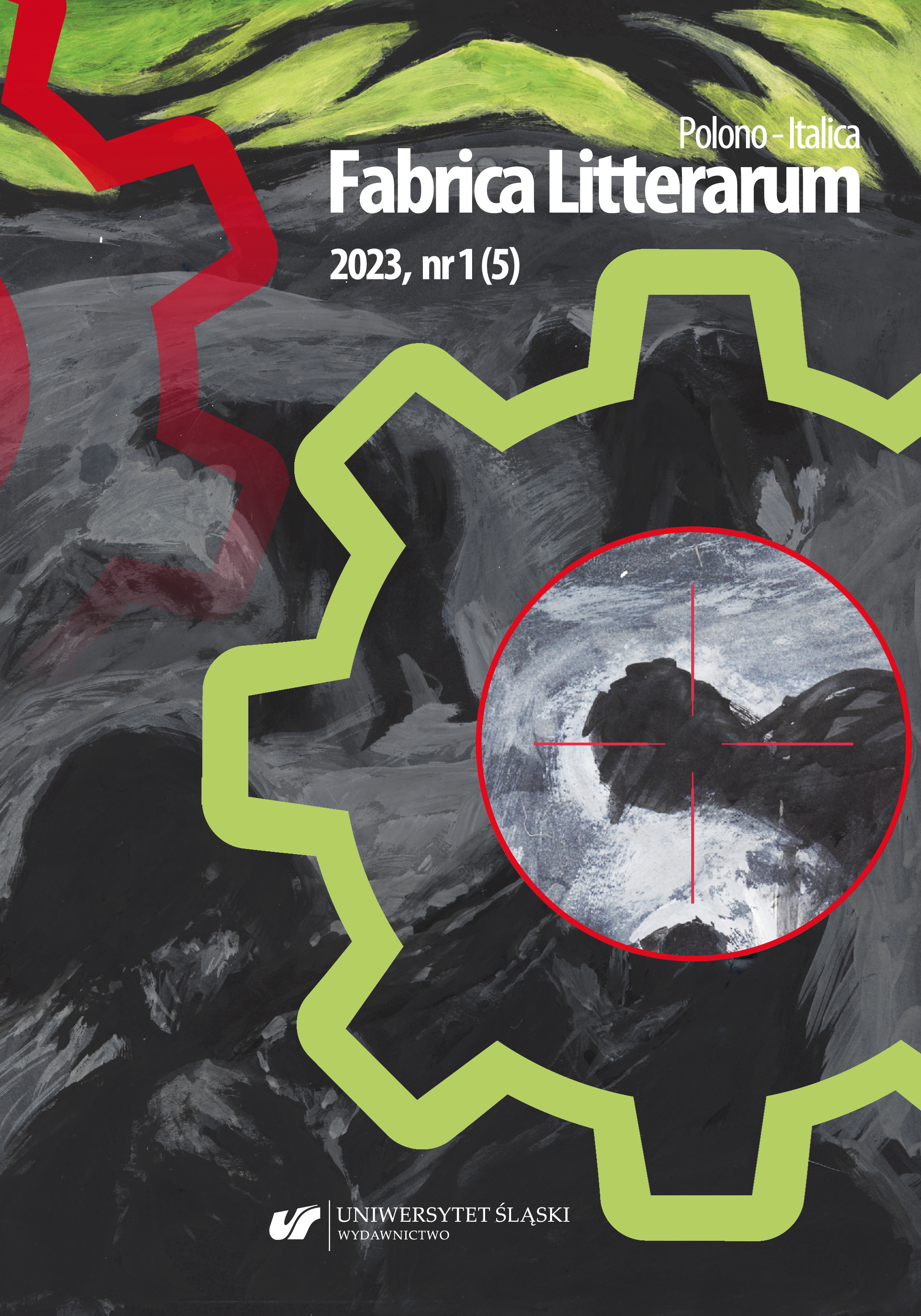
Through a critical analysis of J. Morawiecki’s Szuga. Krajobraz po imperium [Szuga. Landscape after the Empire], Paweł Rogalski ponders a number of questions: Does Russia still exist in the 21st century in the imperial discourse? Has the superpower paradigm, as a certain manifestation of anarchy and a fallen myth, not already been ruined or exhausted? Is the empire an episode necessary historically to balance forces in a global crisis? Is the war in Ukraine (2014 and 2022) perhaps the “new-old” founding murder of the Eastern civilization, incorporating the model of the Russian empire? Does ideology as a glue, instead of positively constructing the subjectivity of the community, contribute to building a new, dangerous phantasm of the empire? In this context, the travel narrative authenticates the message by reaching abandoned and blurry places, where the encountered human subject generates not only events and adventures, but is a record of ideological traces left on the body and the psyche. As Czesław Niedzielski wrote: “In all varieties of reportage prose, the identity of the speaking subject and the author (regardless of the form of the reporting) is one of the basic premises determining the documentary and, most of all, the authentic qualities of the genre”.
More...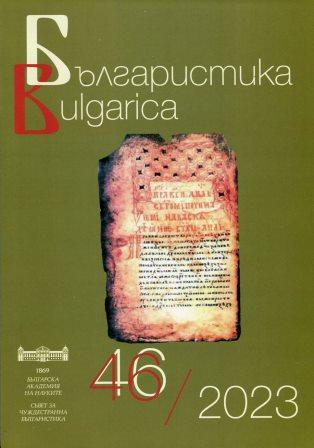
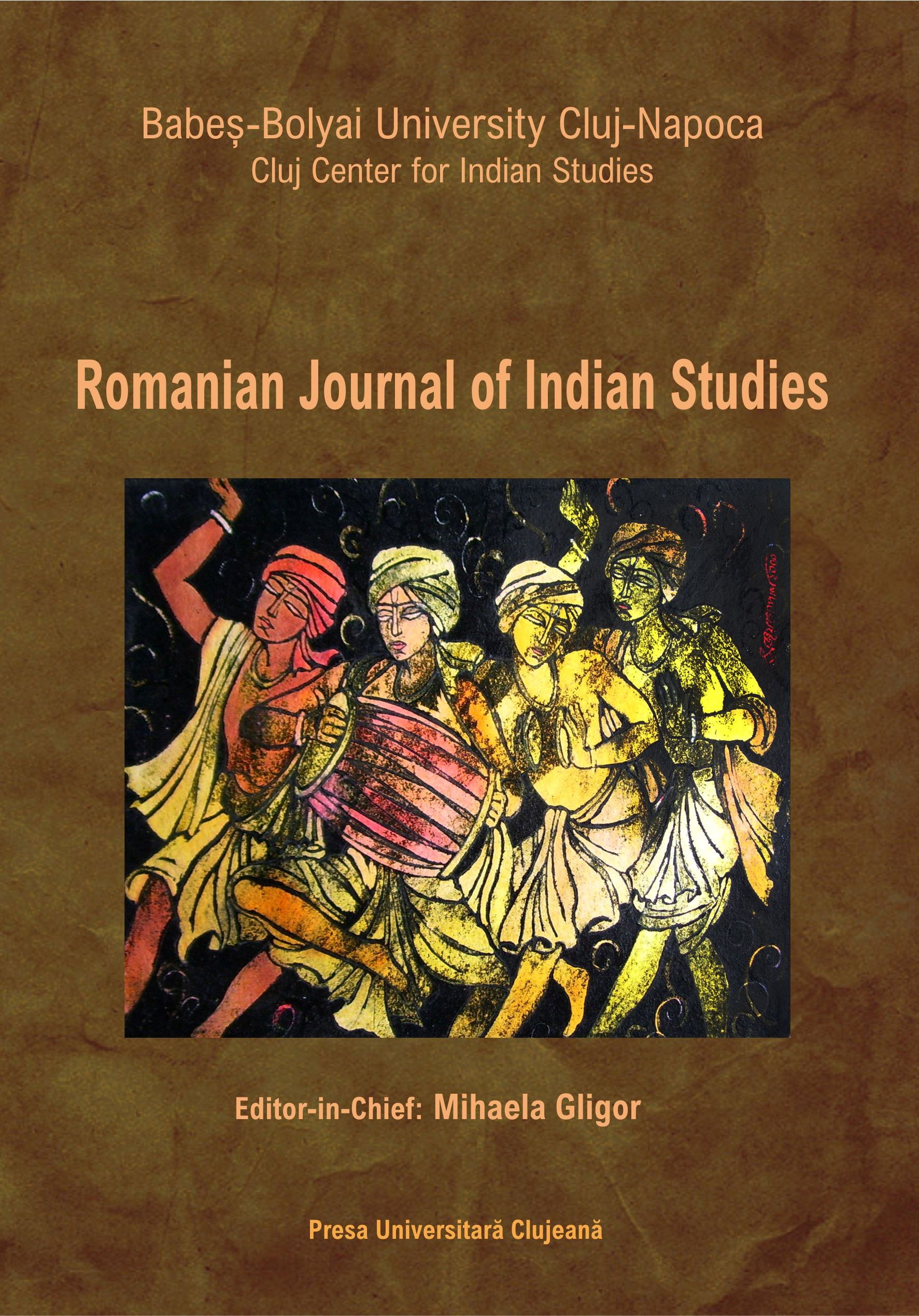
Review of: Cătălina-Ioana Pavel, Acolo unde se naște musonul. Un an în regatul zeului Parasurama, Cluj-Napoca: Editura Casa Cărții de Știință, 2023
More...
Review of: Sarvani Gooptu, Knowing Asia, Being Asian. Cosmopolitanism and Nationalism in Bengali Periodicals, 1860–1940, South Asia edition, New Delhi: Routledge, 2022, 276 pp., ISBN: 978-1-032-33229-1.
More...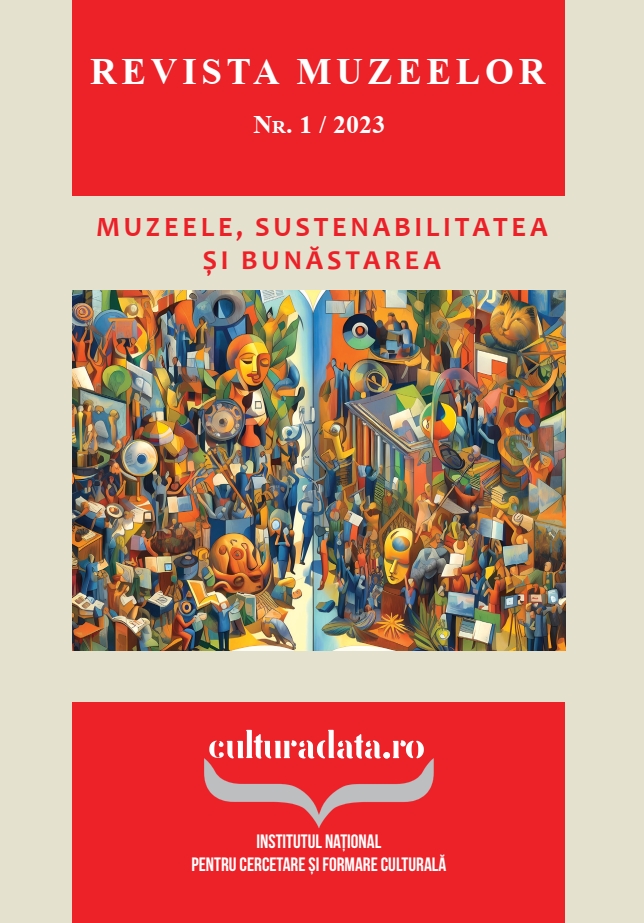
Documentation and specialized articles are among the main means of improving stylistic classifications of the works belonging to an art museum’s heritage. A museum’s heritage is also dynamic, although most museums have a well-developed collection of works dating from before the 1990s. As the heritage is enriched, it must also be documented, and volumes of monographs on lesser-known artists are very useful in this process. This is also the case of the volume entitled „The Bednarik Family in Romanian Art” which is the subject of this review. Following the personal and professional career of the members of this family of artists, the Bednarik family monograph is a valuable document for the history of art in our country and a useful tool for specialists in art museums.
More...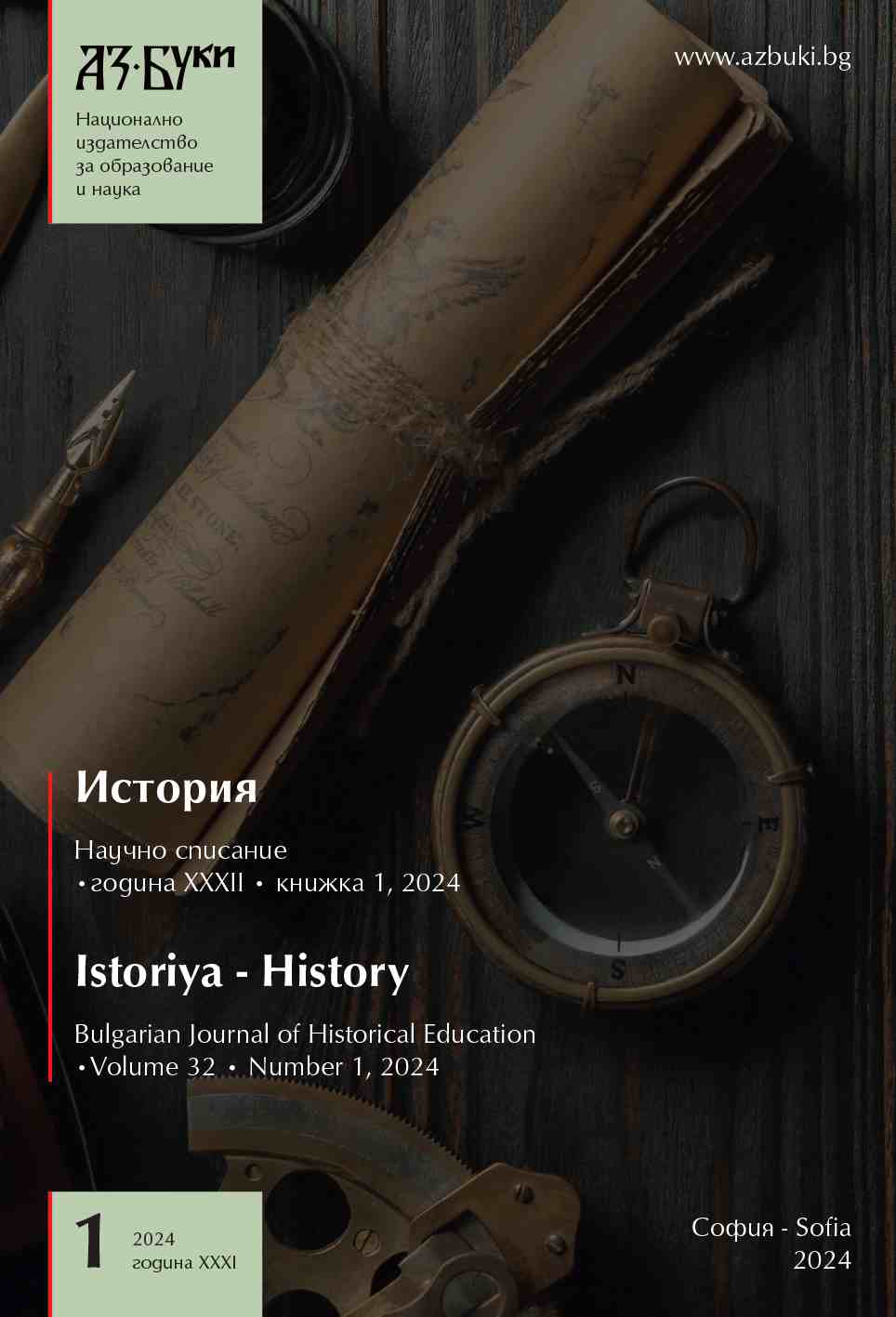
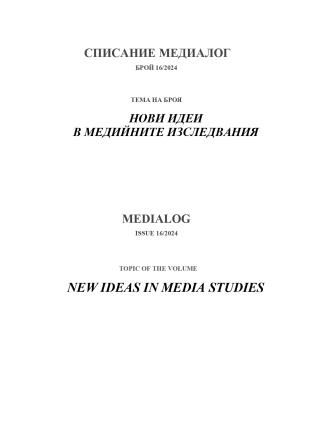
The book “Kicked a Building Lately? Architectural Criticism after the Digital Revolution” by Aneta Vasileva also becomes a history of writing about architecture in the first decades of the digital revolution. But it is also a history of the parallel lives of paper newspapers and online blogs. The tension between digital/analog is very well sketched in her text. This allows her to describe the transition of architectural criticism from the media to social networks. The author introduces us to the history of criticism, which tries to make visible the processes in an increasingly invisible architectural history.
More...